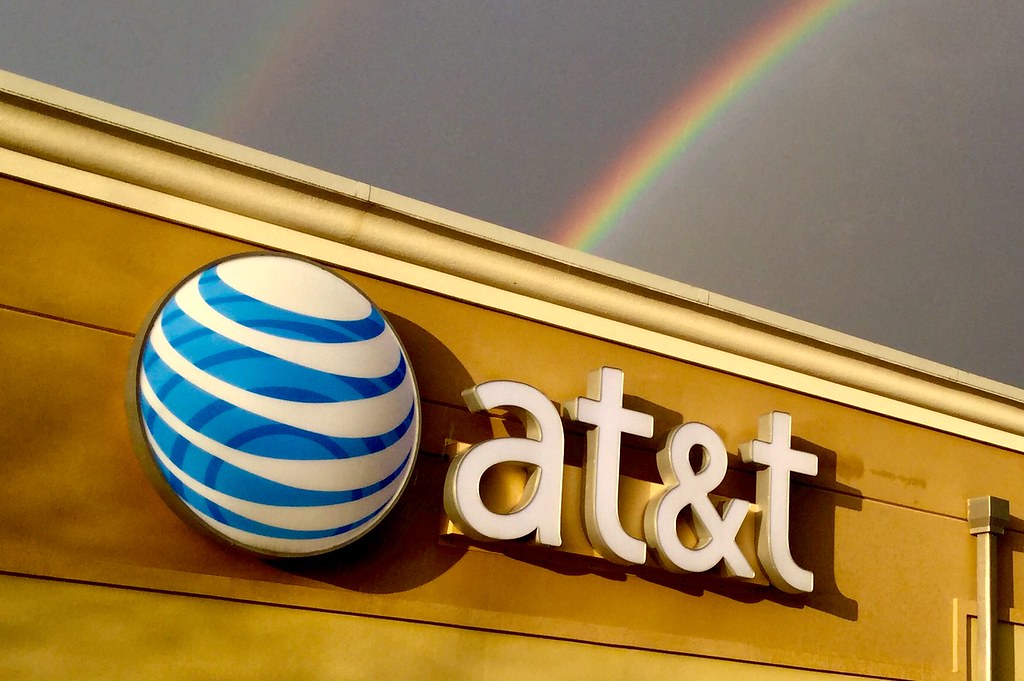AT&T is trying to ease its way out of scrutiny by the Federal Communications Commission over the wireless and TV giant’s $85 billion acquisition of Time Warner.
Featured News
Republican State Attorneys General Urge Federal Review of Union Pacific–Norfolk Southern Merger
Feb 17, 2026 by
CPI
Redfin and Zillow Press Court to Dismiss FTC Antitrust Suit
Feb 17, 2026 by
CPI
European Commission Launches DSA Investigation into Shein Over Illegal Products
Feb 17, 2026 by
CPI
British Government Vows Changes to Toughen Children’s Online Safety Laws
Feb 17, 2026 by
CPI
Warner Bros Discovery Gives Paramount One Week to Improve $30-Per-Share Bid as Netflix Deal Advances
Feb 17, 2026 by
CPI
Antitrust Mix by CPI
Antitrust Chronicle® – Hub-&-Spoke Conspiracies
Jan 26, 2026 by
CPI
A Data Analytics Company as the Hub in a Hub-and-Spoke Cartel
Jan 26, 2026 by
Joseph Harrington
Hub and Spoke Cartels
Jan 26, 2026 by
Patrick Van Cayseele
Hub-and-Spoke Collusion or Vertical Exclusion? Identifying the Rim in Hub-and-Spoke Conspiracies
Jan 26, 2026 by
Rosa Abrantes-Metz, Pedro Gonzaga, Laura Ildefonso & Albert Metz
The Algorithmic Middleman in a Hub-and-Spoke Conspiracy: Divergent Court Decisions and the Expanding Patchwork of State and Local Regulations
Jan 26, 2026 by
Bradley C. Weber
 Telecom regulators shouldn’t need to analyze the deal because it will be beyond their jurisdiction, AT&T signaled in a filing Thursday to the Securities and Exchange Commission. By potentially eliminating a layer of oversight, the claim could accelerate the merger’s approval in Washington, where federal antitrust officials are also expected to review the proposed purchase.
Telecom regulators shouldn’t need to analyze the deal because it will be beyond their jurisdiction, AT&T signaled in a filing Thursday to the Securities and Exchange Commission. By potentially eliminating a layer of oversight, the claim could accelerate the merger’s approval in Washington, where federal antitrust officials are also expected to review the proposed purchase. Add as Preferred Source
Add as Preferred Source